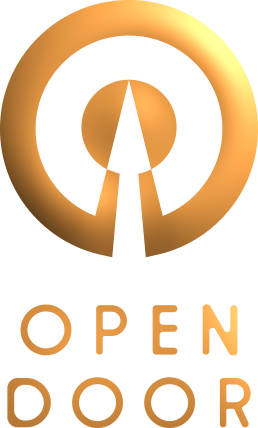

Technology has come a remarkable way in the last 20 years. Today’s business systems and processes are a long way from where they were just two decades ago, providing firms of all sizes and types advantages that largely seemed impossible. Artificial Intelligence (AI) is now creeping into many business processes and common-use software. Depending on your view of the future, the introduction of AI is either exciting, or a little scary, perhaps both!
Modern technology is seriously like magic, however if you’re serious about diversity, you should think twice about using AI in your organisation’s recruitment processes as a means of filtering candidates.
Recruitment processes can be arduous, particularly in a time where the job market is skewed like now, and there is a disproportional number of candidates compared to the number of roles. Naturally, the temptation for employers is to use whatever means necessary to get the result they are looking for with the least amount of effort and cost, but when it comes to AI in recruitment, it’s just not there yet. Even the best software struggles with interpreting written words versus the writer’s intent. And when you factor in the after-hours phone calls, the personalised emails, the negotiating of terms of an employment contract – these are things that AI simply can’t do and just a few examples of why the human touch always produces better outcomes in recruitment.
There is well-documented case of a successful, global IT company using AI to filter candidates. In 2018, Amazon unsuccessfully deployed AI to aid its recruiting strategy. At first it seemed like a great idea; using machine-learning to churn through hundreds, maybe thousands of candidates for each role. That is, until they discovered that the algorithm had taught itself to ignore female candidates! It transpires that the “machine” rewarded applications that included language that men tend to use more frequently than women and as a result, they ranked higher. Thankfully the project was pulled before it ever became a reality, but it is a great case study of good intention versus unintended consequences, with women bearing the brunt of those consequences.
The recruitment industry is sometimes seen as something of a “necessary evil”, a means to an end, or even a luxury. But if you ask any recruiter, it is the relationships that we build with candidates that makes for the most successful interactions and placements. In some industries, women are under-represented by factors of 10 or more; they are indeed the proverbial “needle in a haystack”. To find them, it sometimes takes a lot of effort, time and above all, relationship building. This is something that AI simply cannot do. CVs tell one story, but with every candidate, there is always another story that is not present on paper. And that’s where the true magic happens.
Who knows, in another 20 years how far way AI will have advanced? Perhaps it will eventually be smart enough to manage end-to-end recruitment. Tempting for sure, but if you really do want to advance diversity and bring balance to leadership in your organisation, tread carefully. There are better ways, at least for now.
Open Door is committed to ensuring that women are evenly represented in recruitment processes. Talk to us about how we can help your organisation achieve balance.
Back to postsTalk to us about how we can support your diversity agenda: Executive search, leadership development and specialised recruitment.